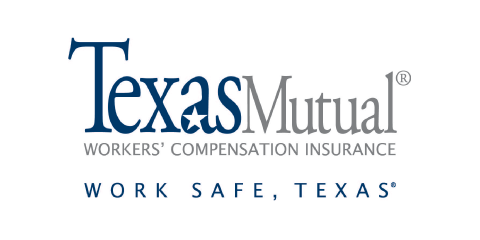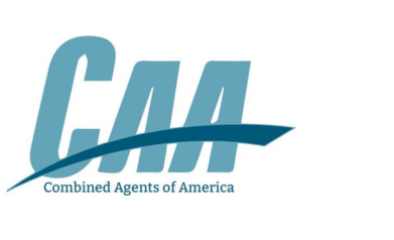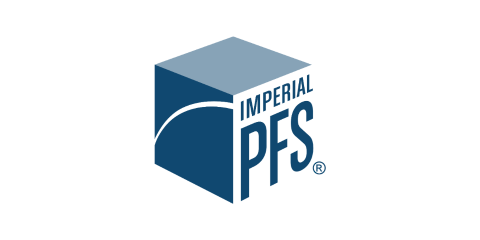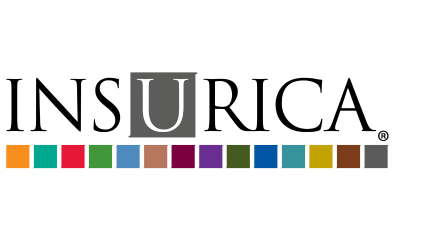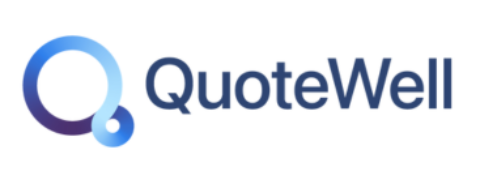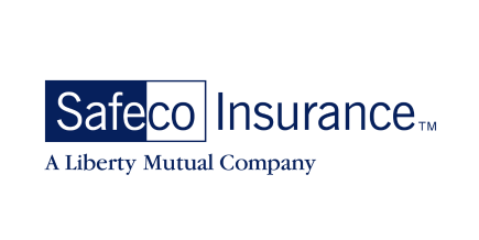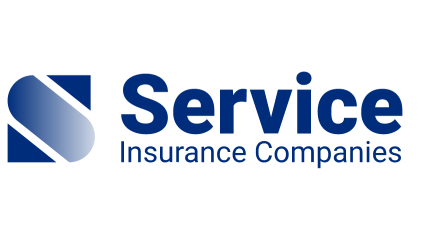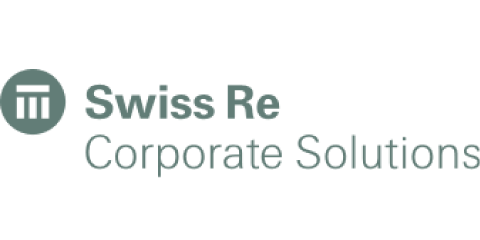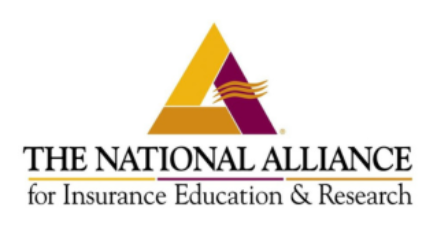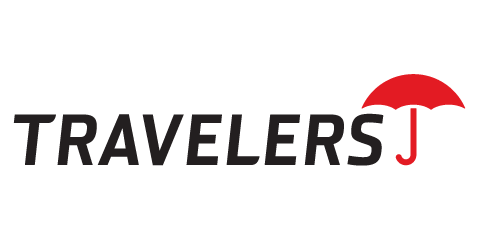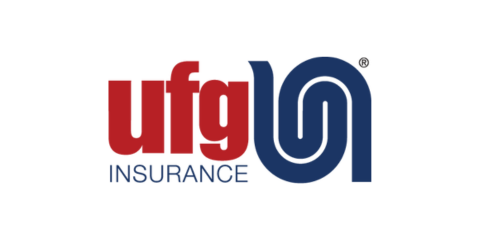Agencies that make unsolicited telemarketing calls to individual (non-business) prospects must be aware of federal and state do-not-call laws.
President Bush signed legislation in 2003 authorizing a national do-not-call registry. Separate laws and rules regarding the registry are administered by the Federal Communications Commission and the Federal Trade Commission, and there is also a state law that applies to solicitations in Texas.
The FTC and FCC do-not-call registries, and the state do-not-call registry allow consumers to enroll in a registry that is designed to prohibit telemarketers from calling the registrants' homes, but not all classes of businesses are covered. In fact, the laws exempt certain categories of businesses.
Among companies exempted from the state list are those engaged in the business of insurance. The FTC also exempts companies engaged in the business of insurance while the FCC does not.
A consumer can enroll on both federal and state lists. In fact, a consumer enrolled on the state list will be automatically enrolled on the FTC list, and vice versa. Being enrolled on both gives a consumer the greatest reduction in telemarketer calls. The FTC has a feature that allows a consumer to verify whether his telephone number has been properly included on the list.
Texas law
The Texas do-not-call registry prohibits, with certain exemptions, telemarketers from making, or causing to be made, unsolicited sales calls to consumers who wish to stop such calls to their homes by allowing such consumers to register with the statewide do-not-call registry.
The do-not-call registry applies to companies selling consumer goods or services over the telephone, although certain companies and certain business conditions may exempt companies from the law. These include calls:
- By a consumer
- In connection with an established business relationship
- Involving a terminated business relationship not older than one year
- Between a telemarketer and a business, other than by a fax solicitation
- To collect a debt
- From non-profit organizations and charities not making commercial telephone solicitations
- By a state licensee (including insurance agents), if
- the call is not made by an automated dialing system
- the solicited transaction is not completed until a face-to-face meeting
- and the consumer is not required to pay until after the meeting.
Although these exceptions are mandated in the bill, anyone operating under these exemptions may not call a consumer when the consumer or a business has informed the telemarketer that they do not wish to receive further calls. If agencies fall into this category, they would be required to maintain a third list.
For additional information...
Suggestions for your office policy on do-not-call rules:
- First assume that every prospect is on both do-not-call lists. Checking those lists may be more time consuming that it is worth.
- If you receive a referral from a current customer, friend or from a producer in the agency, try to obtain the e-mail address or home address of the prospect. You should not call the individual at the home phone number unless you have written permission signed by the prospect. If you have such permission, retain it in the prospect's file, either hard copy or electronically.
- Establish procedures for handling existing customers and prospects who ask not to be called at home. You agency management system may allow a do-not-call field in the customer's file, or you may have to keep the list manually. The rules for maintaining your own do-not-call list require that individual names be added to your list within 30 days of request and maintained on the list for five years.
Can you call a referral prospect?
Referrals are the life-blood of our business. The federal and state do-not-call rules will impact how we respond to referrals. Here's a typical situation. An agency producer is closing a commercial account and the owner asks about homeowners or auto coverage. "Sure we can write your insurance. Let me have (someone in our personal lines department) get in touch with you." Can the personal lines rep call this referral? Let's assume for a moment that the prospect's name and number is on both the federal and Texas do-not-call lists.
Under Texas rules, it appears you can. Your agency rep may be exempt from the do-not-call rules as a licensed agent, as long as the final sale takes place face-to-face and not over the phone. Also, if a prospect asks you to call, you can respond to that request by phone, though you would have no documentation of that request in writing.
Under federal rules, you may need additional permission to respond to that request. Federal do-not-call rules prohibit calling anyone on the national do-not-call list unless written permission has been provided, even if they orally ask you to do so. You can e-mail them, fax them, send a letter or they can call you. But to be safe, before you call them, get permission in writing to do so. There is an exception for friends, family members and acquaintances, but Will Rogers to the contrary, everyone you meet is not a friend. Of course, if the prospect calls your office, the rules do not apply. You can return their call without additional permission, within 30 days of their call.
The federal rules apply to residential phone numbers only. It appears to us that you are permitted to call an individual at a business phone, even if you are discussing personal insurance matters. It is unlikely that a person who asks for a quote from your office will turn you in, even if they are on the list. For that reason, some agents may decide to bend these rules. But be aware that the federal law doesn't allow much room for argument. Remember also that you must maintain your own agency list of prospects and clients who ask you not to call them. Mark these files for written communications only.

